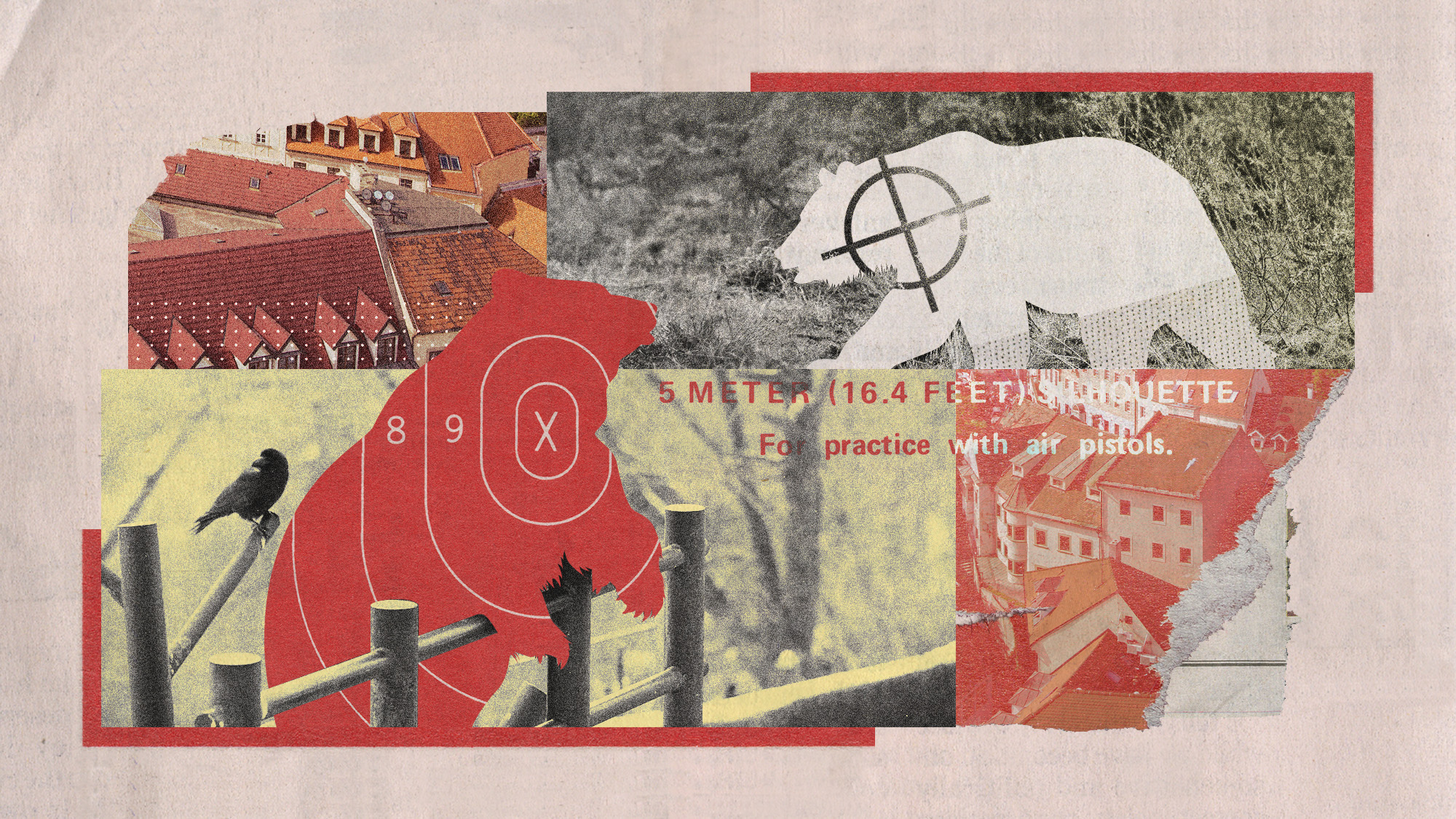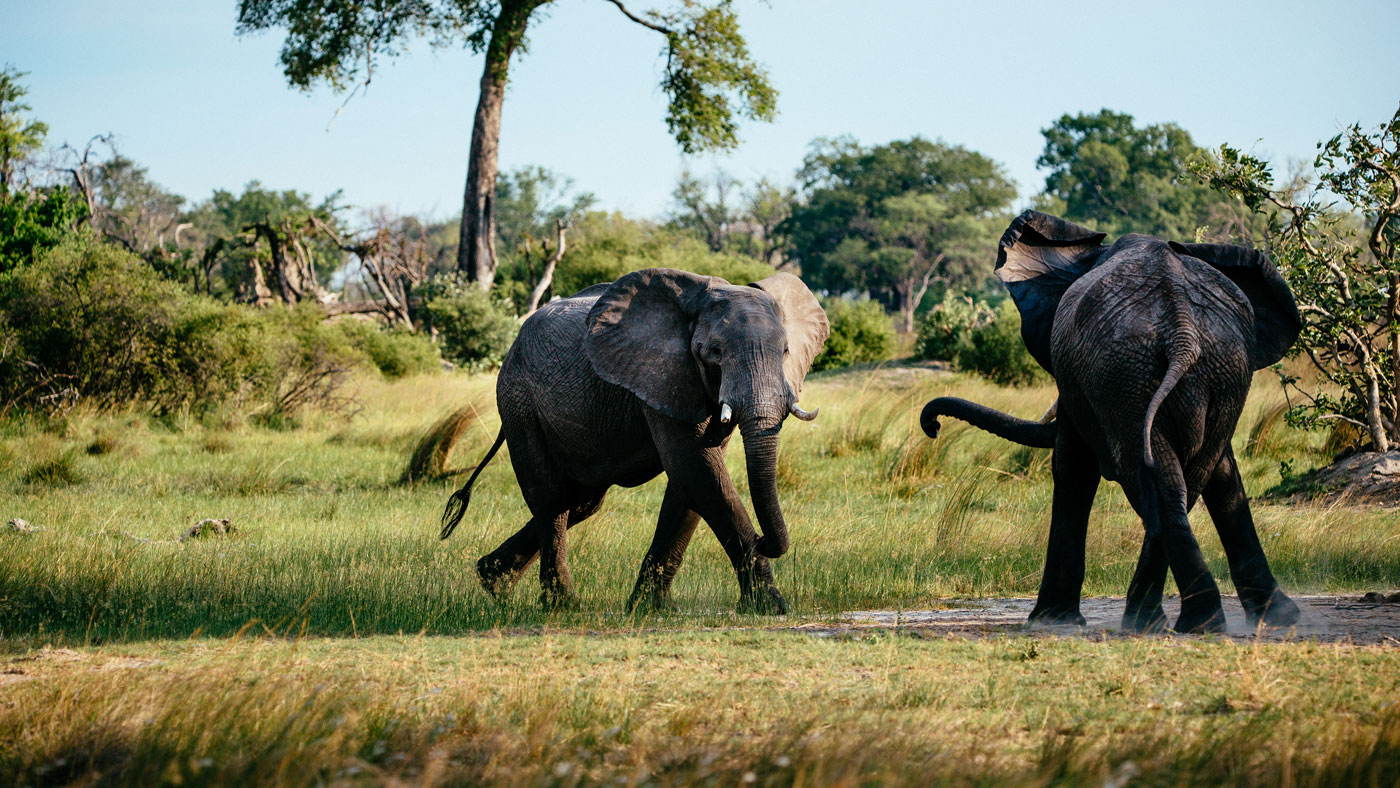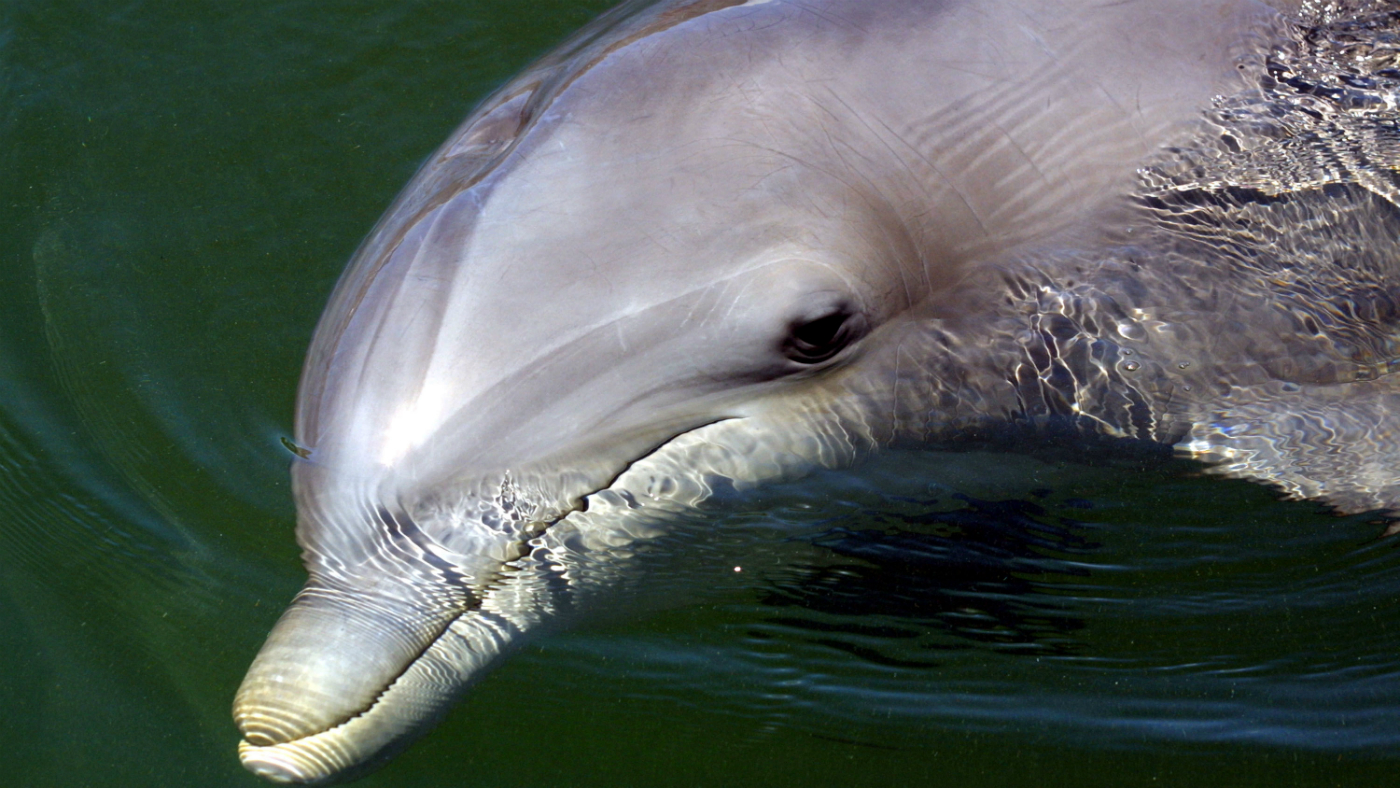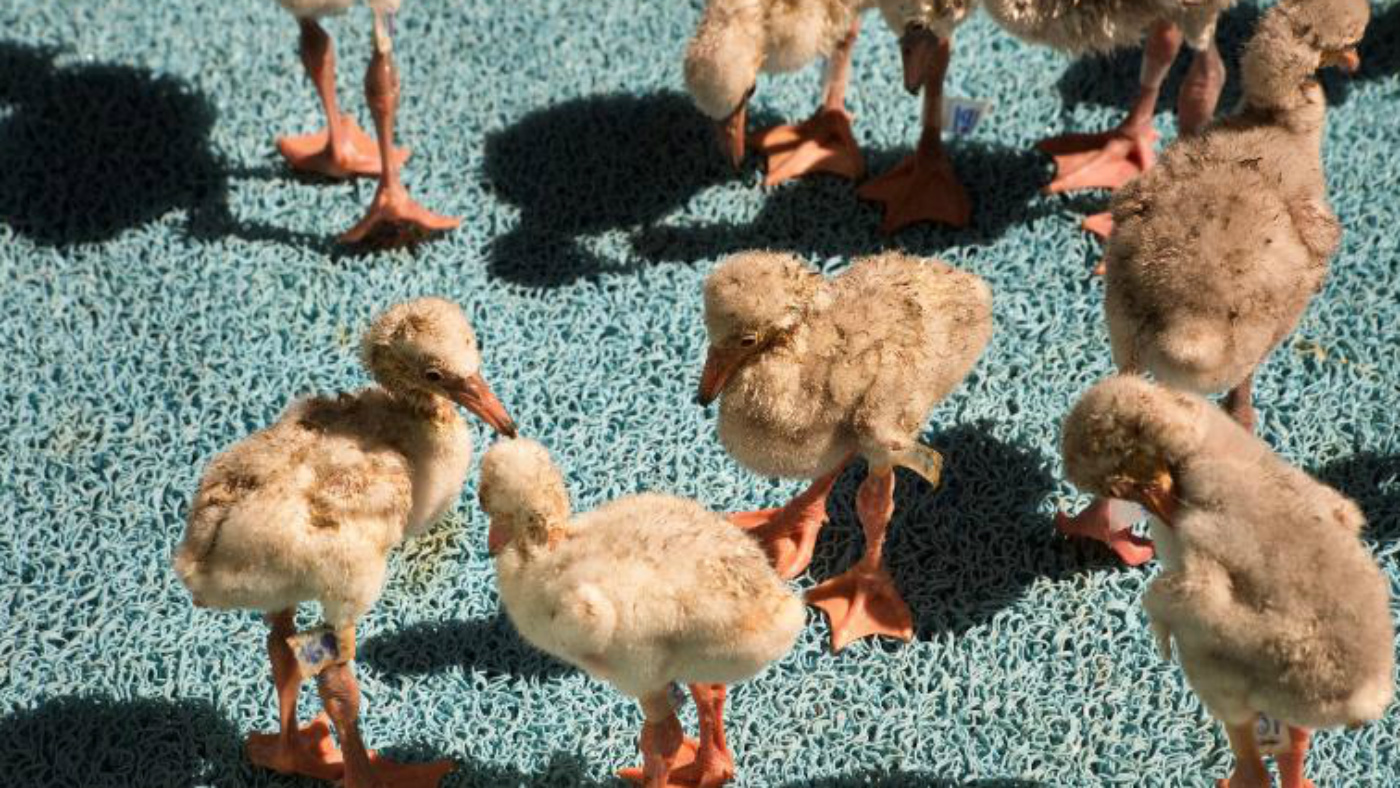Slovakia's growing bear problem
Government officials back plan to cull animals after latest death

A free daily email with the biggest news stories of the day – and the best features from TheWeek.com
You are now subscribed
Your newsletter sign-up was successful
Environmentalists have criticised Slovakia's plans to cull around a quarter of the country's brown bears following the latest in a string of fatal attacks. The remains of a 59-year-old man were found in the town of Detva in central Slovakia, where he had gone missing while walking in the woods. Slovak authorities said he had suffered "devastating" head injuries and his wounds were "consistent" with a bear attack, reported the BBC. Local groups also said there was evidence of a bear's den nearby.
There are an estimated 20,000 brown bears now living in Europe following successful rewilding measures, around 1,300 of them in Slovakia's forests, where experts say the population remains "more or less stable". Approving the cull, Environment Minister Tomáš Taraba said bear attacks had been on the rise, reaching 1,900 last year, and that 800 was a "sufficient number" for the country. Prime Minister Robert Fico also defended the decision, saying Slovakia couldn't become a country "where humans will become food for bears".
'Hysterical reaction'
Recent victims of bear attacks include a 31-year-old woman who died after falling into a ravine while being chased by a bear, as well as five people who were hurt when a bear ran through the town of Liptovsky Mikolas, "bounding past cars," said the BBC. Officials later claimed to have hunted down and killed the animal, although conservationists claimed they had shot a different bear.
The Week
Escape your echo chamber. Get the facts behind the news, plus analysis from multiple perspectives.

Sign up for The Week's Free Newsletters
From our morning news briefing to a weekly Good News Newsletter, get the best of The Week delivered directly to your inbox.
From our morning news briefing to a weekly Good News Newsletter, get the best of The Week delivered directly to your inbox.
Following the announcement, conservationists from WWF told Central Europe news network TVP World that a cull was a "hysterical reaction" and measures to reduce the number of attacks would be more appropriate. The group also said it had been "scientifically proven" that shooting the animals did not reduce the number of "bear-human encounters".
A cull could violate Slovakia's international obligations, too, added Germany's Deutsche Welle (DW). Under EU directives, only "problem bears" that damage property or attack people can be culled and even then, there has to be "no other solution". Slovakian journalists have claimed there was "cause to believe" that hunters in 2024 may have killed bears that had not attacked people.
Opposition party, the Christian Democrats, criticised the plans as "excessive", added TVP World, and called for local solutions focussed on preventing attacks in the first place.
'Political points'
Slovakia's bear population has become a "political issue", said the BBC. Indeed, said Politico, the attacks were a "vote-winner" for Taraba and his Slovak National Party in the 2023 elections, who blamed them on EU regulations. After the death of the woman in the ravine, Taraba claimed to know "immediately" who was to blame, said the site: "the bloodless bureaucrats in Brussels". EU officials had shown they were "absolutely not interested in the lives of our people and the lives of our children" by refusing to end the bears' protected status, Taraba wrote on Facebook.
A free daily email with the biggest news stories of the day – and the best features from TheWeek.com
Since coming to power, Taraba has carried out an "extraordinary purge" of Slovakia's environmental officials, "replacing experts with hunters, scientists with forestry executives, and bureaucrats with party hacks". Speaking to the site, the politician said the "political elite" did not understand the fears of people living next to bears.
Taraba is not alone in attacking EU environmental regulations. Across the continent, "far-right parties" have added green issues to their "traditional tub-thumping grievances", such as immigration.
Elizabeth Carr-Ellis is a freelance journalist and was previously the UK website's Production Editor. She has also held senior roles at The Scotsman, Sunday Herald and Hello!. As well as her writing, she is the creator and co-founder of the Pausitivity #KnowYourMenopause campaign and has appeared on national and international media discussing women's healthcare.
-
 How the FCC’s ‘equal time’ rule works
How the FCC’s ‘equal time’ rule worksIn the Spotlight The law is at the heart of the Colbert-CBS conflict
-
 What is the endgame in the DHS shutdown?
What is the endgame in the DHS shutdown?Today’s Big Question Democrats want to rein in ICE’s immigration crackdown
-
 ‘Poor time management isn’t just an inconvenience’
‘Poor time management isn’t just an inconvenience’Instant Opinion Opinion, comment and editorials of the day
-
 Chimpanzees are dying of human diseases
Chimpanzees are dying of human diseasesUnder the radar Great apes are vulnerable to human pathogens thanks to genetic similarity, increased contact and no immunity
-
 Good news stories from 2023
Good news stories from 2023In Depth Huge strides have been made in medicine and science, and records broken in women's sports and conservation
-
 What Slovakia's pro-Russia election result means for Ukraine
What Slovakia's pro-Russia election result means for UkraineSpeed Read The victory of former Slovakian Prime Minister Robert Fico's populist Smer party has raised concerns of waning support for Kyiv in Western democracies
-
 ‘Large Scottish man’ flashes Joe Biden
‘Large Scottish man’ flashes Joe Bidenfeature And other stories from the stranger side of life
-
 Central Europe engulfed by Covid cases after dodging first wave
Central Europe engulfed by Covid cases after dodging first waveIn Depth Czech Republic tops EU infection rates as neighbouring nations also set daily case records
-
 Botswana investigating mysterious sudden deaths of 350 elephants
Botswana investigating mysterious sudden deaths of 350 elephantsSpeed Read Experts fear unexplained mass die-off may be result of unknown pathogen
-
 Why New Zealand has banned swimming with bottlenose dolphins
Why New Zealand has banned swimming with bottlenose dolphinsSpeed Read Marine mammals are being loved into extinction by affectionate tourists
-
 Conservationists fight to save 2,000 baby flamingos evacuated from dried-out dam
Conservationists fight to save 2,000 baby flamingos evacuated from dried-out damIn Depth The birds are being hand-reared by volunteers around Cape Town